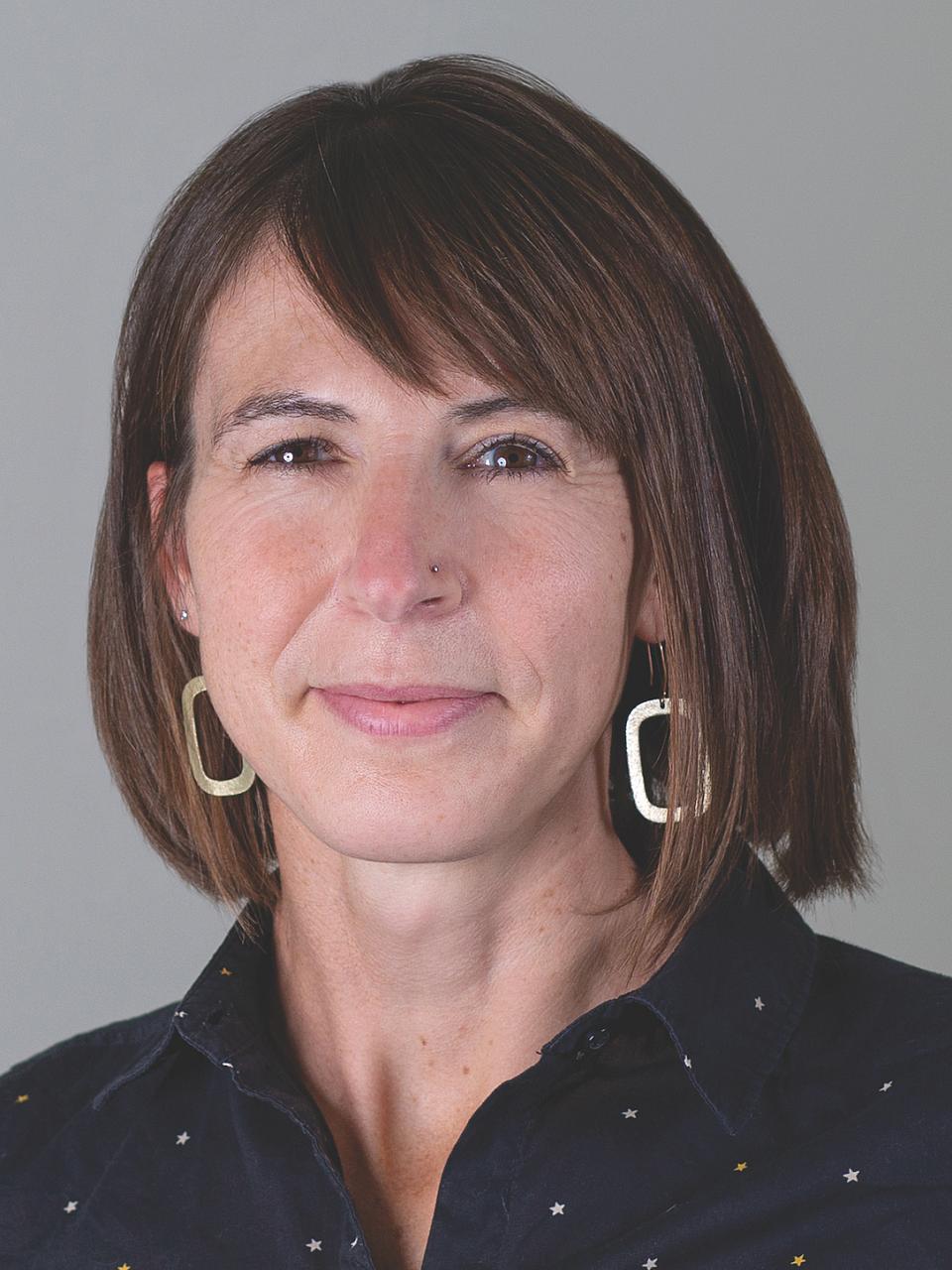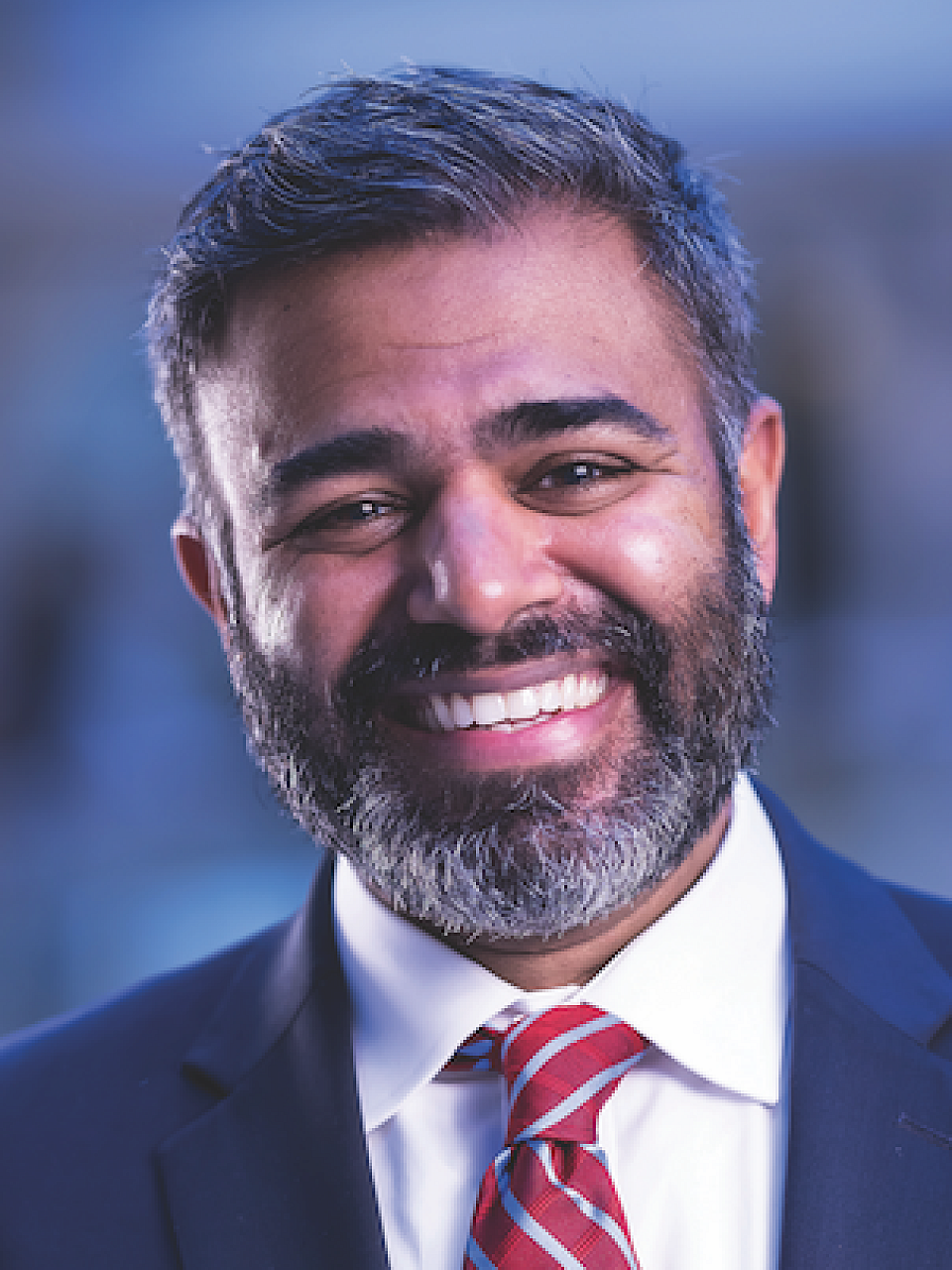Voices of U of U Health
Proactive Approach to Substance Misuse in the Workplace
Substance misuse and addiction in the workplace is a growing problem across the U.S. Health care workers are not immune, with an estimate of more than 1 in 100 workers diverting medications.
In high-stress jobs with easy access to controlled substances, people suffering from addiction can fall into diversion—stealing a controlled substance from medical center stockpiles for one’s own use.
We need to acknowledge that, yes, diversion happens at University of Utah Health.
And for those who need it, help is here.
Giving Employees Confidential Help
We all need to recognize and understand the signs of addiction and diversion. That’s why we’re launching a new initiative for our employees. Instead of punishment, we’re looking for proactive treatment.
We want to help employees who feel they may divert before they take actions that cause harm to themselves and endanger their careers.
In our roles as Chief Pharmacy Officer and Director of the Resiliency Center, we have a firsthand view of the challenges our employees face.
Sometimes the biggest challenge with substance misuse is asking for help. In the health care field, seeking help can be especially challenging. Along with the potential feelings of fear and shame, there’s concern over job or license loss.
We want our employees to know that confidential resources are available to help. Everyone should be free to seek help without fear.

Need for a New Approach
Our work on this initiative began by trying to figure out what to do about the problem of diversion. U of U Health Pharmacy Services is responsible for replenishing the automated dispensing cabinets on floors and tracking controlled substances. For years, identifying, preventing, and resolving diversion has been a priority.
The first impulse was to beef up monitoring by using AI to track drugs and identify potential diversions. But that won’t solve the root of the problem, colleagues noted. By the time a person felt the need to divert, things were pretty bad for them. And if a person was caught diverting, would they be in a state to get the help they needed? Probably not, we concluded.
Diversion is a serious issue: It’s against the law. It’s negligence. It can take away medication from patients who need it. It means automatic termination under U of U Health policy. That’s one of the most cut-and-dried policies on the books. And if you’re fired for diversion, you’re not eligible for rehire. Your career here is effectively over.
When someone is fired for diversion, we ask “What did we miss? Were there ways we could have assisted them?” We should be able to do things for people before it reaches that point.
We were seeing phenomenal people struggle with addiction, which led them to a poor decision. Our goal is to provide people with help for substance misuse problems before they can’t get help. We can guide them toward available resources so they can seek help.
Teamwork in Action
This initiative is the result of a lot of hard work by U of U Health’s Controlled Substances Steering Committee. That committee is made up of members from medical, nursing, and pharmacy staff, along with representatives from the Office of General Council, Compliance Services, Human Resources, Security, Decision Support, and Enterprise Data Warehouse.
The goal of this initiative is shared across the system. No one said “no” to this effort. We only needed to figure out how to do it legally and effectively, with privacy and well-being in mind.

Do for Each Other What We Do for Our Patients
This is a start. We want to assure people that help is available to you if you are struggling with substance use—including urges to divert drugs—and we’re facilitating access as a system.
This human-centered approach counters the more punitive legal approaches to substance misuse. As a health system, we’re responding to the call to action from Michael Good, CEO of U of U Health: “What if we do for each other what we do for our patients?”
It is common to feel scared or embarrassed if you’re having urges to divert. However, this doesn’t mean that you are a bad person. Having the urge to divert is a symptom of a current struggle and a sign that it is time for help.
The reality is that addiction is a medical issue. Help is needed, help can work, and help is available.
The Resiliency Center, a confidential and free resource for all health system employees, is a good place to start. The Resiliency Center is a front door to services that meet the unique needs of health care professionals. Start by visiting the Resiliency Center website. On the main page, is a link to resources for substance misuse in the workplace.

